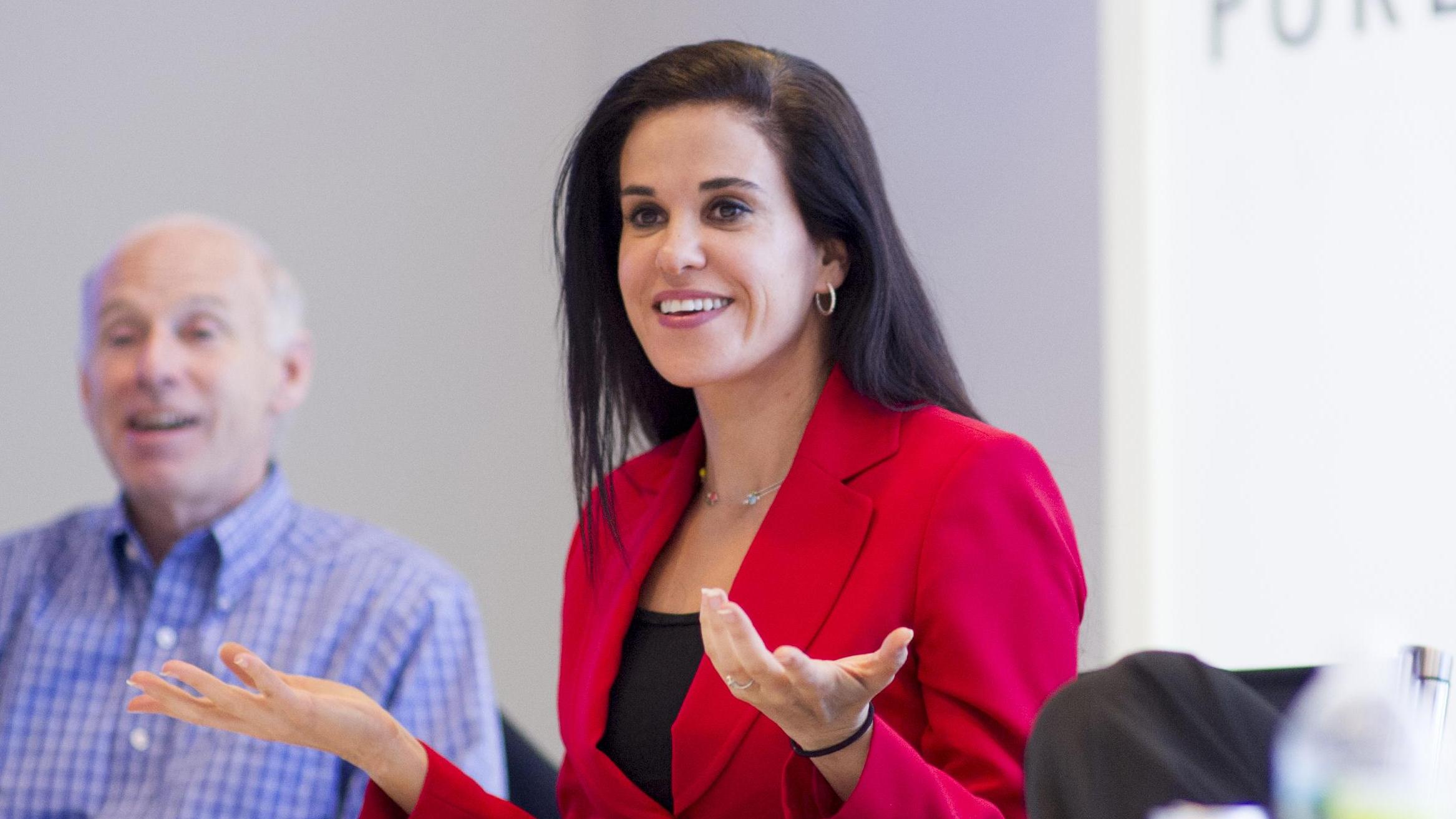Luke Timmerman asked Daphne Zohar on his podcast the Long Run: “It’s been 15 years since you started. Now you have a few things to point to but how did you get through those linear times when capital was not abundant and you couldn’t point to products on phase 2/3 that had the scientific community all jazzed up?”
Daphne said, “This is an industry where it takes a long time to move innovations from discovery through approval. And there are all these incentives around short-term things like… Did you raise that round? But these things are not always indicative of actual progress and getting new treatments to patients. For me, it’s about trying to not get caught up in those near-term success markers, and focusing on doing the right work, doing good science, getting the right people, running the right experiments, and asking the right questions.”
Wonderful advice.
Now, the question is… how do you do that for 15-20 years and how do you manage not only your own expectations of short-term success but everyone else’s too, i.e. investors, markets, press, and other stakeholders?
How do you ignore the Sirens and stay focused on reaching your Ithaca?
Everyone talks about having a bold vision that will keep your team motivated, practicing gratitude for how far you’ve gone, focusing on building and not paying attention to the hype of the news…
That’s all great but there’s a crucial intermediate step that particuarly very smart and driven CEOs and scientists miss:
Embracing that you may often crave short-term success. Who doesn’t? Evolutionarily, you’re wired to seek instant gratification.
You want to generate that data, you want to do that deal, you want to show progress to investors; today, not in one, two, three years!
You feel great responsibility on your shoulders, you care about the team, you care about the vision.
And then you’re reading the news… “This company has raised its Series B, that company has a development candidate, they’re moving something into the clinic, they’re on Endpoints News…”
You may feel impatient, afraid, worried, frustrated, angry, or not good enough.
These are all 100% valid feelings! Don’t run away from those feelings. Embrace them.
Feeling fear? Breathe in fear. Feeling anger? Breathe in anger.
The cracks in your resilience come from suppressing those feelings.
Incredibly smart and capable CEOs/scientists will come up with 100 rational reasons why they shouldn’t be feeling what they’re feeling!
Yes, your brilliant brain is right. But your survival/emotional brain doesn’t give a s*** whether you’re right.
If your survival brain has perceived a threat, it’s going to send you fear; it’s a done deal.
When you rationalise, you create more friction, more dissonance, more inner war!
All those emotions and anxieties need is to be acknowledged. When you slow down to embrace them, they wash away.
And then, of course you can use your brilliant brain to solve biology and discovery problems. For those problems, your brain is just perfect!
But please don’t use your brain to fix your emotions.
Don’t try to kill the “worrior”, the inner-critic, the impostor.
All these parts of yourself are coming from your deepest spirit that wants you to succeed and look after yourself, the team, and the vision.
This is where the role of a coach can be pivotal.
You need the support of people who can appreciate all parts of you.
You need someone to slow you down from the race and help you bring all these emotions to conscious awareness.
You need a safe space where you can vocalise all your concerns, worries and anxieties—and be loved regardless.
Loving you, Angelos.
